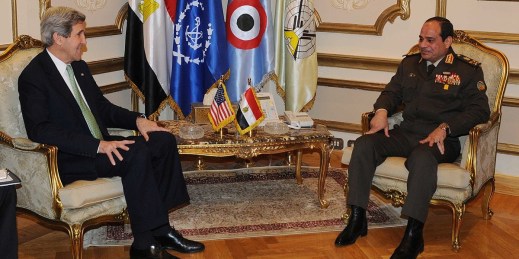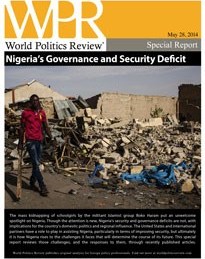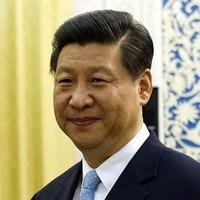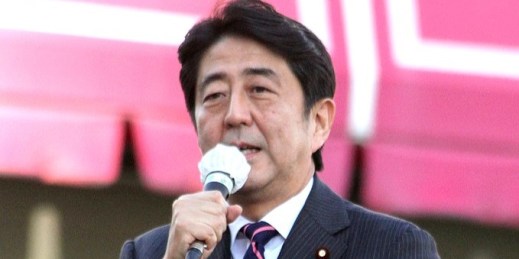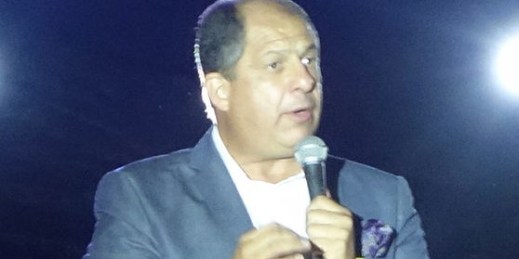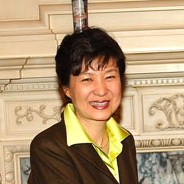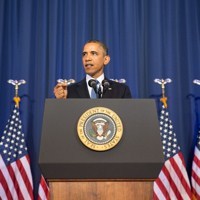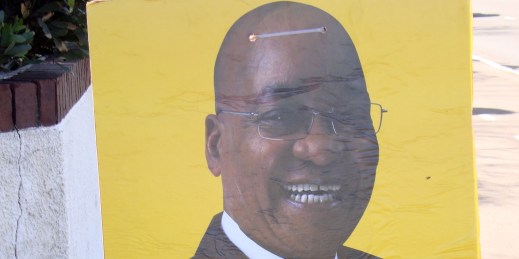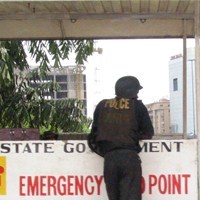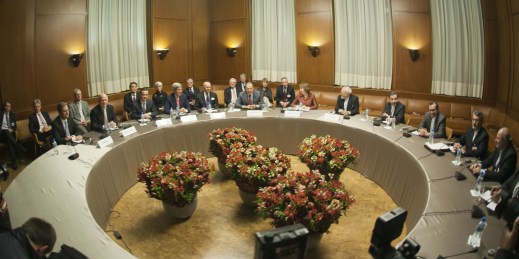
Representatives from the six-country negotiating group known as the P5+1 and Iran met earlier this month for talks on Iran’s nuclear program that observers generally agree were inconclusive. As the parties prepare for the next round in Vienna June 16-20 and the July 20 deadline for a final agreement approaches, domestic forces in both the United States and Iran are trying to affect the goals and substance of a final agreement. In particular, the arrest two weeks ago of six young people in Tehran who had appeared in an online music video in defiance of Iran’s public morality rules has […]

